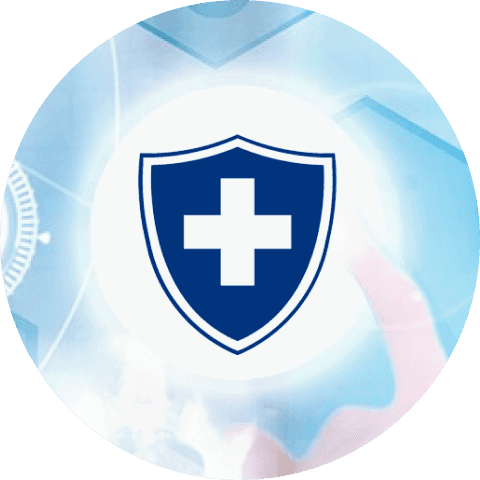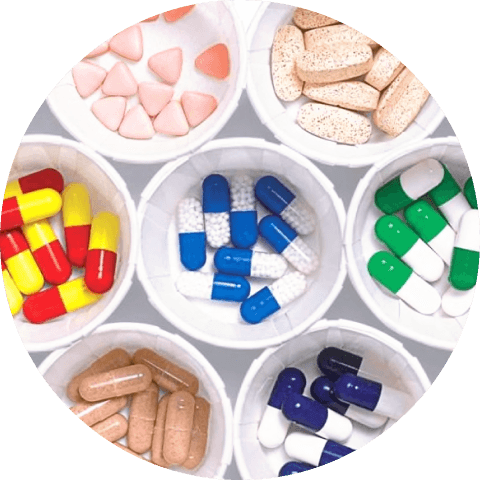Next-Gen Disease Screen
Developed by Sequencing.com
Step into a new world of health awareness with Next-Gen Disease Screen, revealing your genetic risk for more than 15,000 conditions. Transform how you understand and manage your health, using this innovative app that integrates seamlessly with any DNA test and evolves continuously with the latest groundbreaking research and discoveries.
Free
*Works Best With Whole Genome Sequencing

Get 100% of your DNA data with Whole Genome Sequencing.
Already have data from a DNA test? Upload your data for free.
Next-Gen Disease Screen: Revolutionizing Genomic Health
Get ready to understand your health like never before with our Next-Gen Disease Screen (NGDS). This groundbreaking app takes genetic analysis to a new level, delivering insights previously unattainable.
NGDS caters to your unique needs with various versions, from a free analysis of 100 conditions to a professional version with weekly updates, covering an expansive range of over 15,000 conditions. Stay continually informed with updates reflecting the latest in genetic research, and combine NGDS with the Health Scan app for even more personalized health insights.
Your genetic journey can begin with any DNA test, thanks to NGDS's universal compatibility. It's especially powerful with whole genome sequencing data, offering a truly all-encompassing analysis.
Be inspired by Dr. Brandon Colby's personal journey (read his story below!), showcasing the transformative impact of NGDS in solving complex health mysteries and empowering informed family health decisions.
Ready to revolutionize your health understanding? Start your NGDS experience now by signing up, uploading your DNA data, and exploring the app for free. Join the genetic revolution today!
The Upgrade To Our Rare Disease Screen That You've Been Waiting For
We are proud to introduce the Next-Gen Disease Screen (NGDS), an exciting leap forward in our suite of health-focused applications. NGDS succeeds our popular Rare Disease Screen app, taking its core capabilities and magnifying them for an unprecedented range of genetic insight.
If you've been waiting for the upgrade to our popular Rare Disease Screen v2, NGDS is it! The upgrade is such a quantum leap forward that we've also upgraded the name to Next-Gen Disease Screen.
Empowering Your Health Journey
Traditional labs charge thousands of dollars to test for a single disease, and at most, up to 30 diseases. These expensive tests often only scratch the surface of your genes, leaving a wealth of crucial information untouched.
NGDS is here to change that narrative. Analyzing whole genome sequencing data, NGDS provides a straightforward assessment of your genetic risk for more than 15,000 diseases, conditions, traits, and medication reactions. This transformative tool enables you to screen your entire genome for almost every disease with a known genetic component.
No longer is this profound level of understanding reserved for laboratories or specialists; it's available at your fingertips.
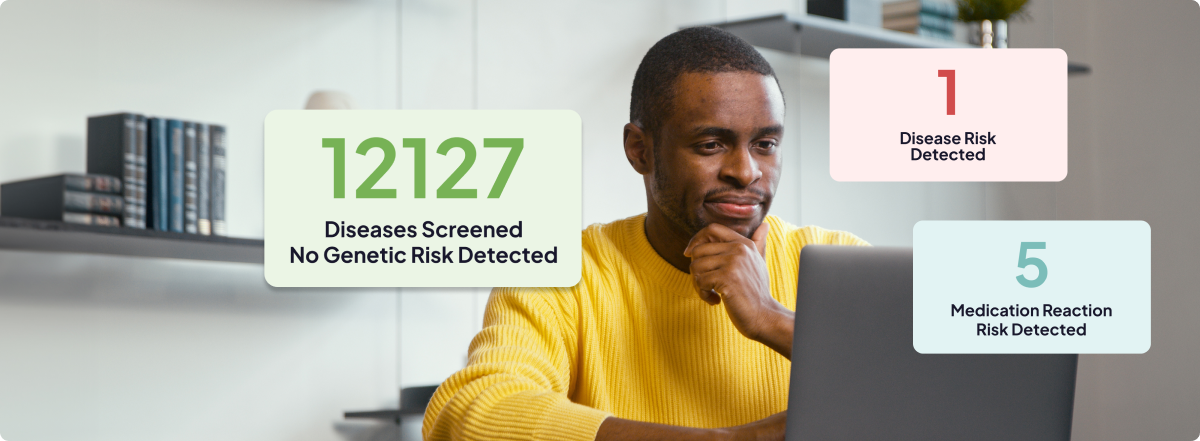
Choose the Right NGDS Version for You
We've created different versions of NGDS to suit your needs:
- Free: Get on board with free genetic analysis for 100 conditions.
- Plus: Dive deeper with genetic analysis for 1,000 conditions. Stay updated with results refreshed every 3 months.
- Premium: Unleash comprehensive analysis for more than 15,000 conditions with monthly updates.
- Professional: With updates every week, we ensure your results stay on the cutting edge of genetic discoveries.
Choose the version that best aligns with your health goals.
List of Conditions Included In Each Version
- Free and Plus: Click the 'Compare Versions' tab to view the list.
- Premium and Professional: Search the full list of 15,000+ conditions (diseases, medication reactions, and traits)
Stay Up-to-Date With Continual Updates
Genetic research is always changing, and NGDS keeps up. We update the Professional version weekly, the Premium version monthly, and the Plus version quarterly to ensure your results are based on the latest genetic research.
NGDS is further enhanced when used in conjunction with our Health Scan app. While NGDS provides up-to-date genetic insights, Health Scan alerts you whenever there is new research and discoveries that could impact your health.
Universal Compatibility: Any Test, Anywhere
Your journey with NGDS can start anywhere. Our app is designed to analyze genetic data from nearly any DNA test, whether it's from clinical labs or consumer DNA tests like 23andMe, AncestryDNA, and MyHeritage.
While it can work with all, NGDS is tailor-made for whole genome sequencing data. WGS data allows NGDS to perform comprehensive analysis for all 15,000+ conditions, making it truly universal.
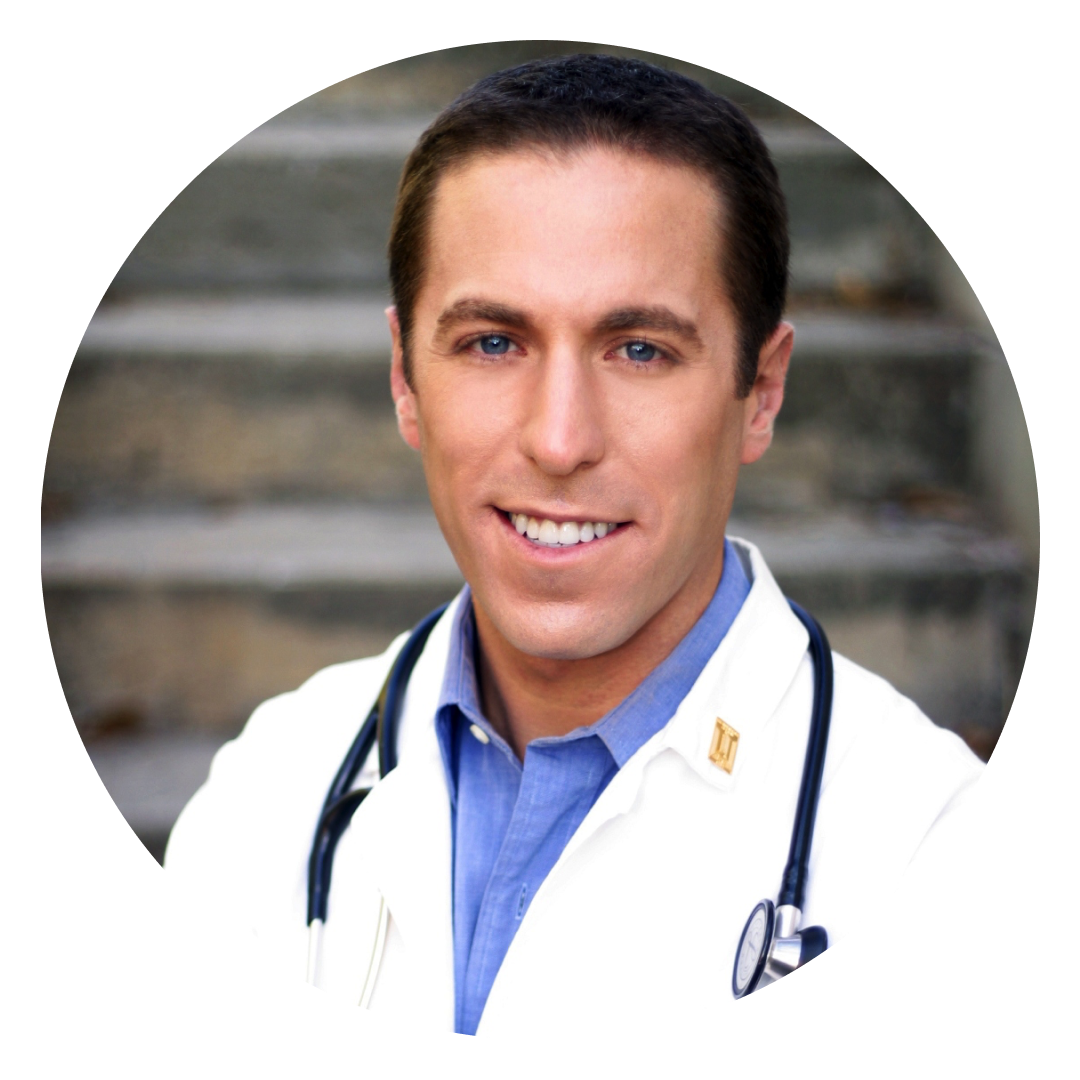 From Our Founder’s Heart: Dr. Brandon Colby's Story
From Our Founder’s Heart: Dr. Brandon Colby's Story
The story of Dr. Brandon Colby, Sequencing.com's founder, is a testament to the transformative power of the Next-Gen Disease Screen (NGDS).
Born with a perplexing health issue, extensive blistering on his feet and hands, his childhood was marked by uncertainty. His concerned parents sought answers from countless doctors, submitted to numerous tests, including surgical skin biopsies, only to be met with confusion and guesswork. During this diagnostic odyssey the definitive diagnosis remained frustratingly out of reach. His parent's recount that this was a heart-wrenching time, the helplessness of not knowing exacerbating their anxiety.
Throughout the years, Dr. Colby underwent various types of genetic testing, utilizing every known genetic analysis tool in the search for answers. Yet, despite these efforts and his expertise as a clinical geneticist, none of these tools could pinpoint the precise genetic variant causing his condition. It was only when he used the Next-Gen Disease Screen that the fog of uncertainty finally lifted.
NGDS identified the exact genetic root of his condition - a mutation in the KRT14 gene known as rs58645163. The identification of this variant was a eureka moment, providing a definitive answer that had eluded him and his family for decades.
Now, armed with this knowledge, Dr. Colby and his wife can make informed decisions about their family's future. They understand their children won't have the disease, given his wife isn't a carrier of the KRT14 mutation. They also know there's a 50% chance their children could be carriers. This certainty, borne out of NGDS' accurate genetic analysis, provides a level of reassurance that is truly priceless.
Dr. Colby's personal journey is a compelling testament to the life-changing potential of the Next-Gen Disease Screen. His story demonstrates how NGDS can help end diagnostic odysseys, replacing fear and uncertainty with knowledge and empowerment.
Results From Dr. Colby's Next-Gen Disease Screen
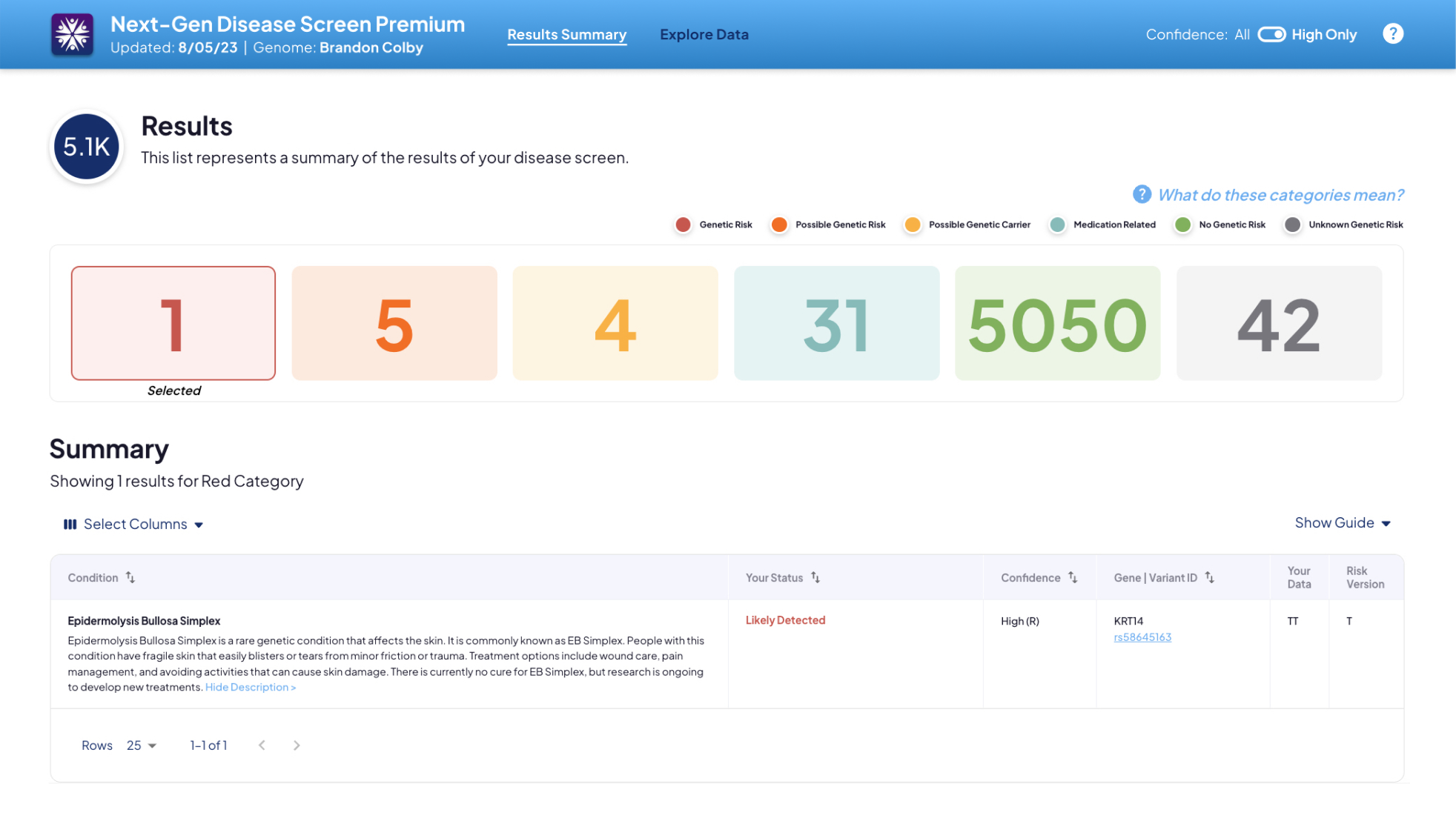
Join Us in the Genetic Revolution
Experience the transformative potential of the Next-Gen Disease Screen:
- Sign up for a Sequencing account.
- Upload your data from another DNA test or order one of our Whole Genome Sequencing bundles that include NGDS.
- Start using the NGDS app for free.
Are you ready to redefine how you understand your health? Embark on your journey with NGDS today.
Related Reports
Explore more of our health & wellness reports for your personalized guidance.
